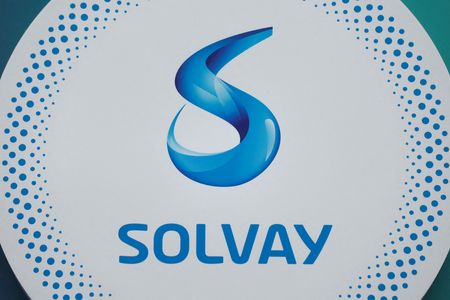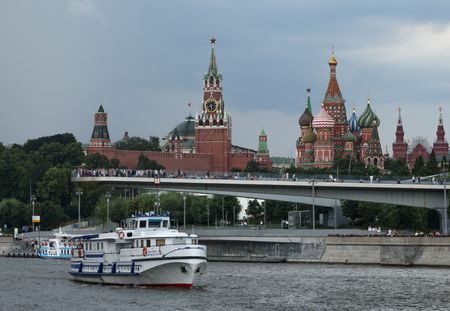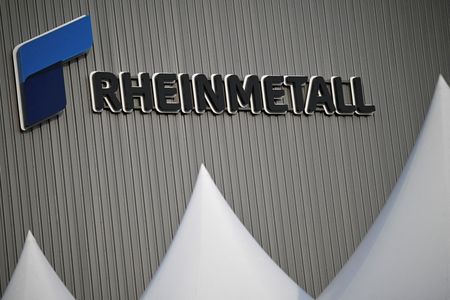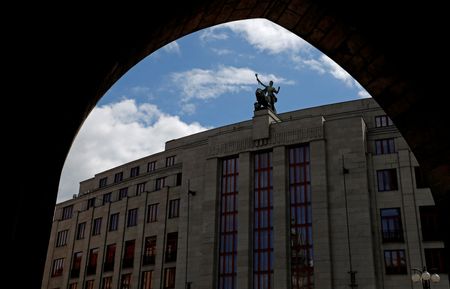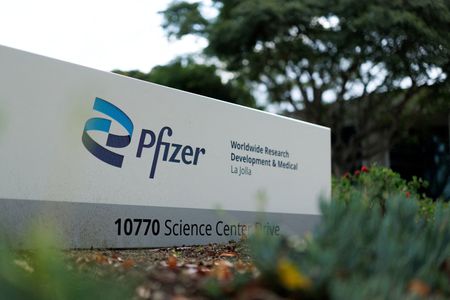By Eric Onstad
LONDON (Reuters) -Chemicals group Solvay would be interested in building a rare earths processing plant in the United States, where financial support is stronger than in Europe, its CEO said on Thursday.
Solvay, one of a few companies outside of China capable of the complex rare earths separation, in April launched modest processing of minerals needed for permanent magnets at its French plant, but said commercial production would depend on support from customers and governments.
The United States, Europe and allies have been racing to create domestic industries to make super-strong rare earth magnets vital for defence, electric vehicles, electronics and wind turbines and cut dependence on China.
Solvay has not yet given the green light for an investment of 50-100 million euros to expand its French plant as it continues talks with customers and governments, CEO Philippe Kehren told reporters on a results call.
“We feel limited support today still in Europe, so we continue to work with the European policymakers in order to see how to create those conditions. We see more support coming from North America to be perfectly clear,” he said.
MP Materials, which owns the only U.S. rare earths mine, sealed a multi-billion dollar deal with the U.S. government in July so it could boost processing and produce magnets.
When asked if Solvay would be interested in building a U.S. separation plant if it received government support similar to MP Materials, Kehren said: “The answer is yes”.
“We’re a global company and we have a unique know-how. We can take any source of rare earth material and separate, purify, and supply any type of customers,” he said.
“And MP Materials is a miner, so they also need this know-how, you know, to separate and purify their material.”
When asked if Solvay had held talks with the U.S. government, a spokesperson noted that Kehren had said Solvay is global and is “in talks with all stakeholders”.
Four decades ago, Solvay’s plant in La Rochelle on France’s Atlantic coast was one of the largest in the world, but production spiralled lower over the years as China ramped up cheaper output to now account for about 90% of the world’s processed rare earths.
So far the 161-year-old company is producing a few hundred metric tons a year of magnet rare earths neodymium and praseodymium and plans to add heavy elements dysprosium and terbium next year, Kehren said.
(Reporting by Eric Onstad; Editing by Alexandra Hudson)

